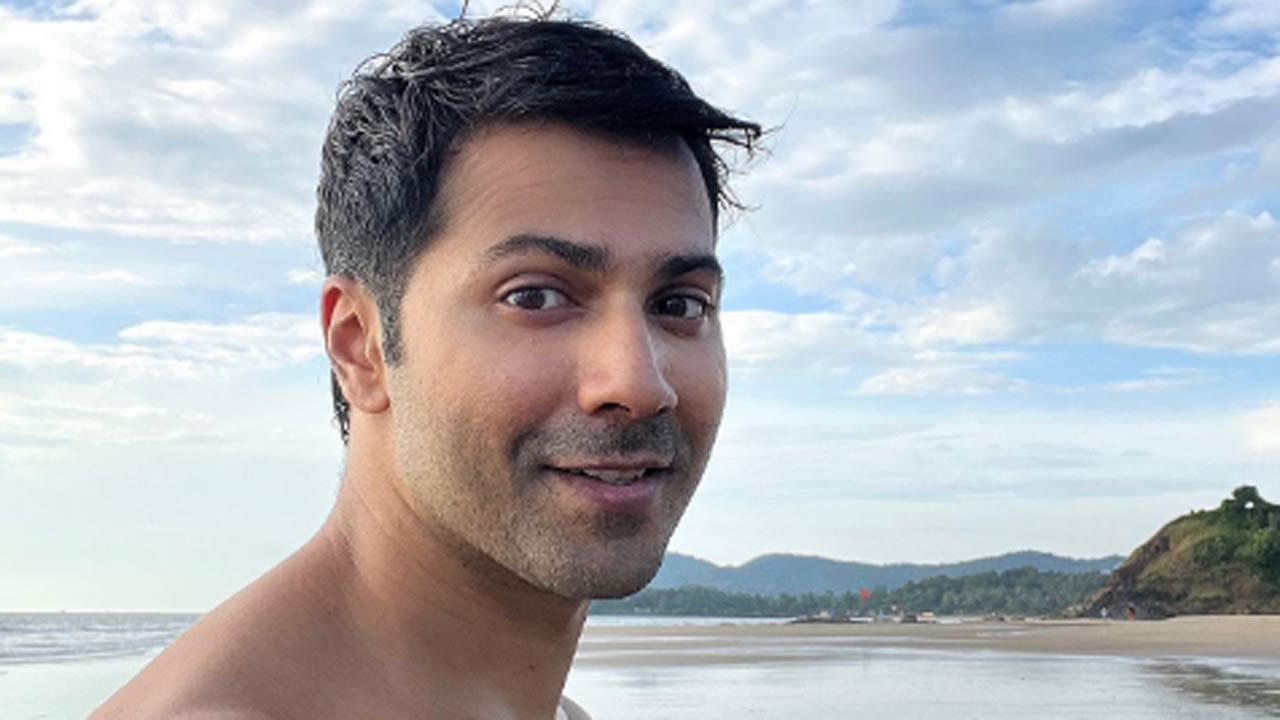
In a monumental display of democratic engagement, the United States has commended India’s recent general elections, which the State Department described as the largest exercise of electoral franchise globally. Despite the praise, the State Department notably avoided addressing questions concerning the apparent lack of Muslim representation within the victorious Bharatiya Janata Party (BJP) in the Lok Sabha.
Commencing on April 19 and culminating on June 1, the elections were conducted in seven rigorous phases. The results saw the BJP-led National Democratic Alliance (NDA) securing a decisive victory. On June 9, Narendra Modi was sworn in for his third consecutive term as Prime Minister, marking an unprecedented moment in Indian politics.
During a briefing, State Department spokesperson Matthew Miller lauded the Indian elections for their scale and the democratic values they represent. Miller asserted that the specifics of election outcomes are matters for Indian citizens to decide, avoiding a direct comment on the representation issues. “Specific results of the election are not something we comment on,” Miller stated, reinforcing the standpoint that internal representation questions are for India alone to resolve.
The final counting of the 2024 Lok Sabha election votes took place on Tuesday. According to the Election Commission of India, the BJP secured 240 seats, a significant decrease from their 2019 tally of 303. Nevertheless, the combined number of seats held by BJP allies comfortably exceeded the halfway mark required to form a government, ensuring that Narendra Modi would continue to lead the world’s largest democracy.
President Droupadi Murmu administered the Oath of Office and Secrecy to Prime Minister Modi alongside other members of his Union Council of Ministers on June 9, 2024, at 07:15 pm, in a ceremony held at Rashtrapati Bhavan.
In the wake of the election results, international figures, including Elon Musk, owner of Tesla and X, extended their congratulations to Narendra Modi. Musk, via a post on his X timeline, conveyed his optimism about future business ventures in India. “Congratulations Narendra Modi on your victory in the world’s largest democratic elections! Looking forward to my companies doing exciting work in India,” Musk wrote, signaling potential economic collaborations.
.
Notably, the absence of Muslim representation in the newly elected BJP cohort has raised eyebrows both domestically and internationally. Yet, the State Department took a stance of non-interference, emphasizing that questions about representation fall within India’s sovereign domain. This approach underscores the complex balancing act the US must maintain in supporting democratic processes without delving into contentious domestic issues.
The recent election saw a high voter turnout, reflecting the population’s vested interest in the democratic process. Analysts argue that the BJP’s reduced seat count from the 2019 elections, despite their overall victory, could indicate a shift in public sentiment that may influence future political strategies and policies.
In examining the broader geopolitical implications, Modi’s continued leadership is set to impact India’s foreign relations, including its partnerships with major global powers like the United States. Many anticipate that Modi’s third term will prioritize economic growth, technological advancements, and improved infrastructure, echoing his previous terms’ focus areas.
With Narendra Modi’s leadership extending into a third term, the implications for India’s domestic and foreign policy are significant. Political analysts predict that the Modi government will continue to pursue its vision of a ‘New India,’ emphasizing economic development, national security, and international diplomacy.
The international community, including the United States, remains watchful. As India consolidates its position as a key global player, its internal dynamics, such as representation issues, continue to be closely observed. While the US lauds the democratic expression witnessed in the recent elections, its silence on representation concerns highlights the delicate diplomacy at play.
India now stands at a pivotal juncture with Narendra Modi at the helm for another five years. The election results, while celebrated, also pose questions about the evolving nature of India’s democracy and the inclusivity of its political framework. As the new government embarks on its journey, the world’s eyes will remain fixed on India’s democratic path and how it navigates the challenges and opportunities that lie ahead.










